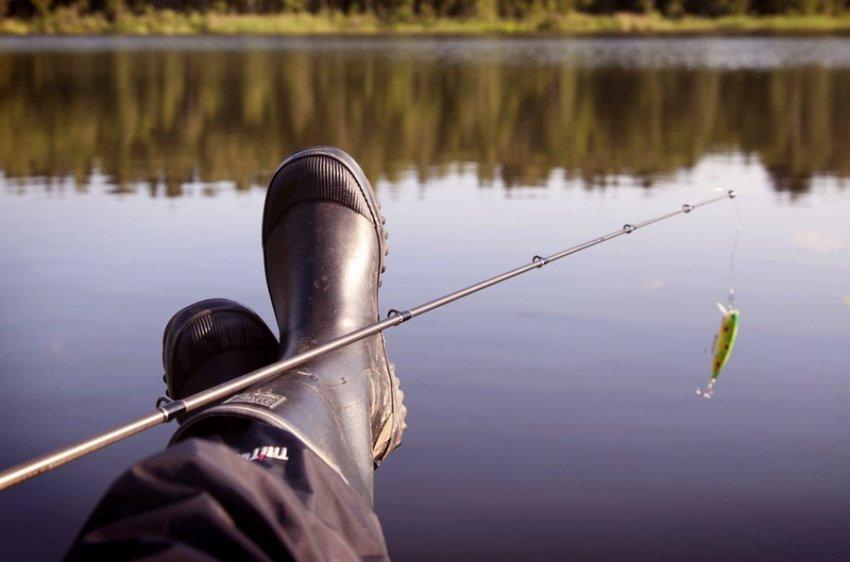
Sport fishing is a popular activity that has a significant impact on the environment, particularly on fish populations and aquatic ecosystems. While sport fishing can be an enjoyable and sustainable activity, it can also have negative effects if not managed properly.
One of the main impacts of sport fishing on the environment is overfishing, which can lead to a decline in fish populations and disrupt the balance of the ecosystem. This is especially true in reservoirs, where fish populations are often artificially maintained through stocking programs. Overfishing can also result in the depletion of certain species, which can have a ripple effect on the ecosystem as a whole.
In addition to overfishing, sport fishing can also have a negative impact on aquatic habitats. Fishermen can cause damage to fragile ecosystems by trampling on vegetation, disturbing nesting sites, and leaving litter and other debris behind. In some cases, the introduction of non-native fish species through stocking programs can also have negative effects on the ecosystem.
To minimize the negative impacts of sport fishing on the environment, it is important to implement sustainable fishing practices. This includes setting catch limits, practicing catch-and-release, and only fishing in designated areas. Fishermen should also be mindful of their impact on the environment and take steps to minimize their footprint.
Overall, sport fishing can have both positive and negative impacts on the environment, depending on how it is managed. By implementing sustainable fishing practices and being mindful of the impact on the ecosystem, we can ensure that sport fishing remains an enjoyable and sustainable activity for generations to come.